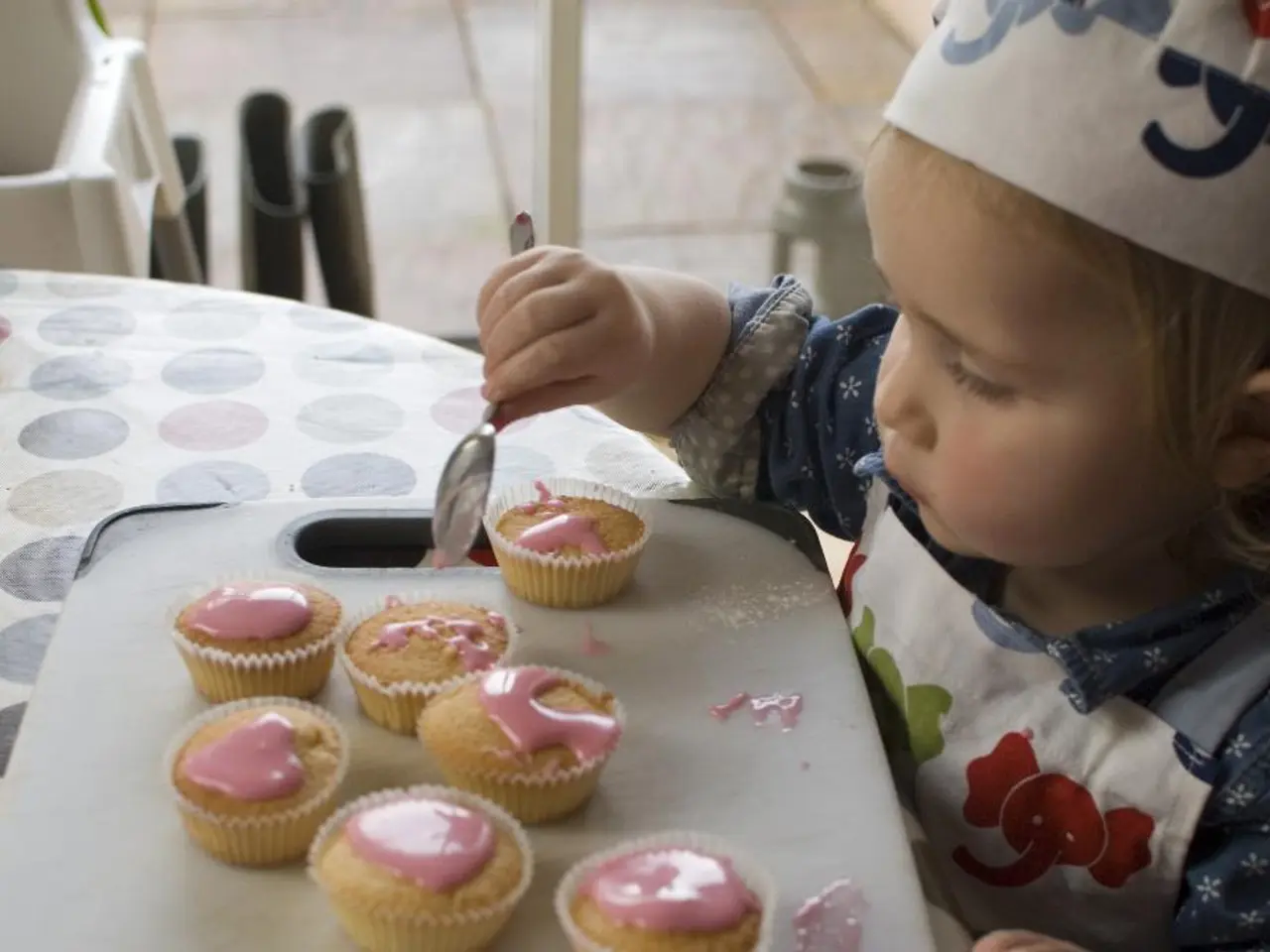Identifying and Combating Unsuitable Parental Actions in Shared Custody
Managing inappropriate co-parenting behaviour can be a challenging task, but it's crucial for maintaining a healthy environment for your child. Here are some effective strategies to help you navigate this situation.
**Setting Clear Boundaries**
Establish clear communication channels, such as emails or co-parenting apps, to avoid misunderstandings and reduce direct contact. Define what is acceptable in terms of communication and behaviour to reduce conflict. Block your ex on social media and increase privacy settings to reduce unnecessary interactions.
**Maintaining Professional Communication**
Approach co-parenting like a business partnership by keeping communications brief and focused on the children. Use written communication to create a record of agreements and discussions.
**Prioritising Self-Care**
Engage in self-care activities like exercise, therapy, or hobbies to maintain emotional and physical well-being. Ensure stability and a loving environment for your child despite personal conflicts.
**Using Parallel Parenting**
In high-conflict situations, consider parallel parenting where each parent makes decisions independently during their parenting time. This approach minimises direct interaction and reduces conflict opportunities.
**Seeking Professional Help**
Consult with a family therapist, mediator, or co-parenting coordinator for guidance and conflict resolution strategies. Use their expertise to manage disputes and improve co-parenting dynamics.
**Documenting Incidents**
Keep a record of any violations of court orders or agreements, which can be useful in legal proceedings. Document incidents to build a case if necessary, and consider seeking legal advice for sanctions or custody adjustments.
**Focusing on the Child’s Needs**
Always prioritise the child’s best interests and ensure they see healthy boundaries modelled by both parents. Avoid discussing negative feelings about the other parent in front of the child.
**Pre-Planning Conversations**
Discuss sensitive topics when emotions are calm to prevent heated arguments. Use calm and respectful communication to resolve conflicts effectively.
**Modelling Healthy Behaviour**
Use positive communication tools like coaching language and give choices rather than orders. Apologise sincerely if you slip up to rebuild trust with both your child and co-parent.
By implementing these strategies, you can effectively manage inappropriate co-parenting behaviour and maintain a healthy environment for your child. It's important to remember that being transparent and having open communication with each other about a child's needs is crucial in a co-parenting arrangement.
Taking the high road can help your child understand what healthy relationships should look like. For those navigating the complexities of co-parenting, our website offers online access to licensed therapists to provide support and guidance.
Remember, badmouthing the other parent in front of a child can cause confusion, anxiety, and loyalty conflicts. It's essential to prioritise your child's well-being and model healthy behaviour for them.
Online therapy can be a helpful resource for navigating the challenges of co-parenting and maintaining mental health. By focusing on self-care and engaging in activities like therapy or exercise, parents can better manage their anxiety and emotions.
In high-conflict situations, it's important to consider seeking professional help, such as a family therapist, mediator, or co-parenting coordinator, for guidance and conflict resolution strategies. Parallel parenting can also be an effective approach, where each parent makes decisions independently during their parenting time.
When discussing sensitive topics with a co-parent, it's best to pre-plan conversations when emotions are calm to prevent heated arguments. Parents should also avoid badmouthing the other parent in front of their child, as this can cause confusion, anxiety, and loyalty conflicts.
Additionally, parents should prioritize their child's health and well-being by modelling healthy behaviour, such as using positive communication tools like coaching language and giving choices rather than orders. It's important to remember that a healthy environment for a child includes not only a healthy physical environment but also a healthy mental environment, and parenting strategies should reflect that priority.




